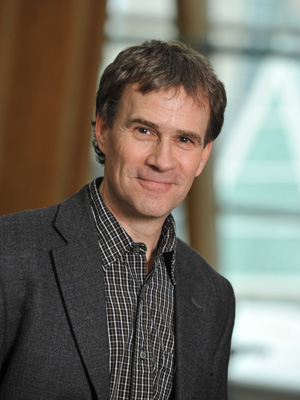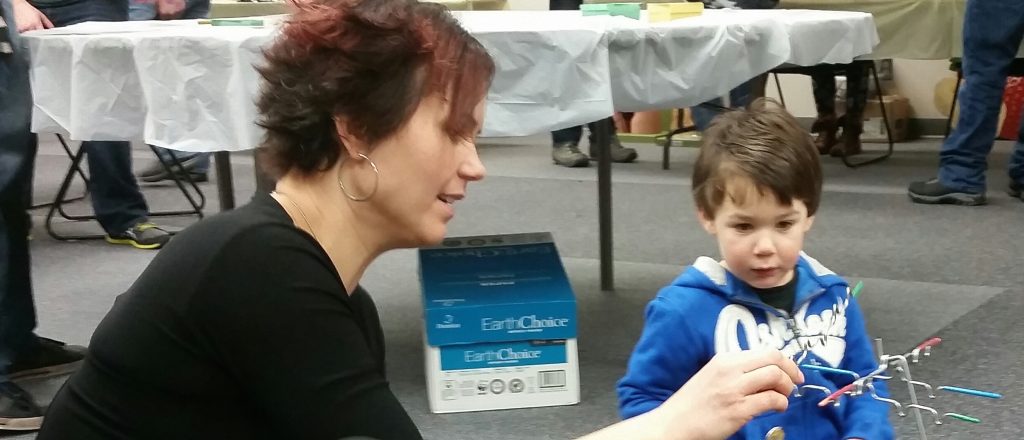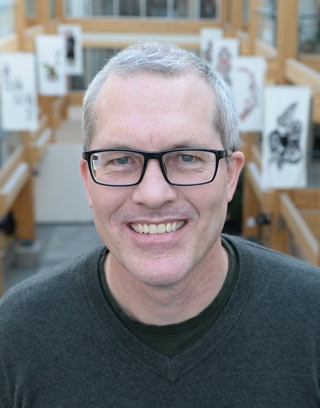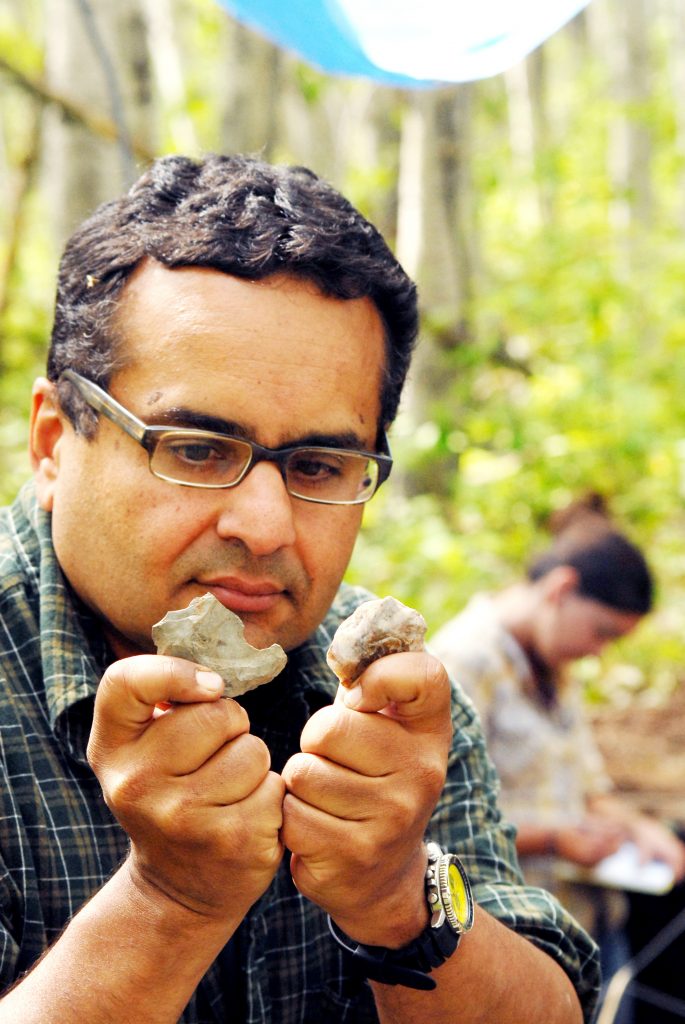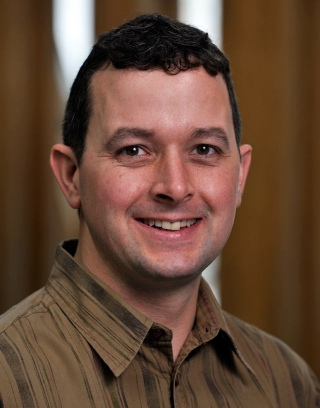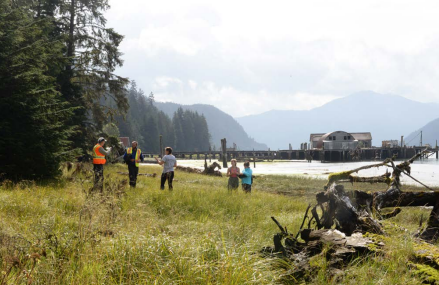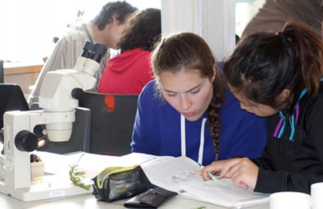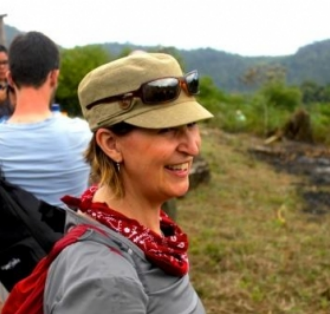Dr. Kevin Hutchings
Department of English
Since coming to UNBC in 2000, Dr. Hutchings has employed and trained 20 student research assistants who have contributed to his work on environmental literary history and early nineteenth- century First Nations writing and activism. His students have presented papers at international conferences in Canada and the United States, conducted archival research in the United Kingdom, and collaborated with him on scholarship that has appeared in scholarly journals and in a recently published book. For Dr. Hutchings, the opportunity to work with student researchers is among the greatest pleasures and privileges of an academic career.
